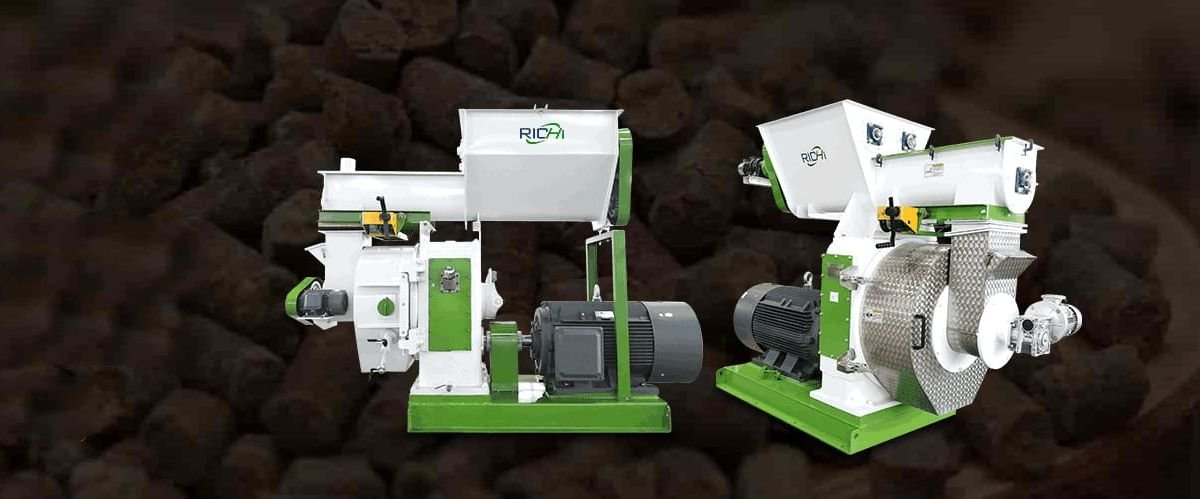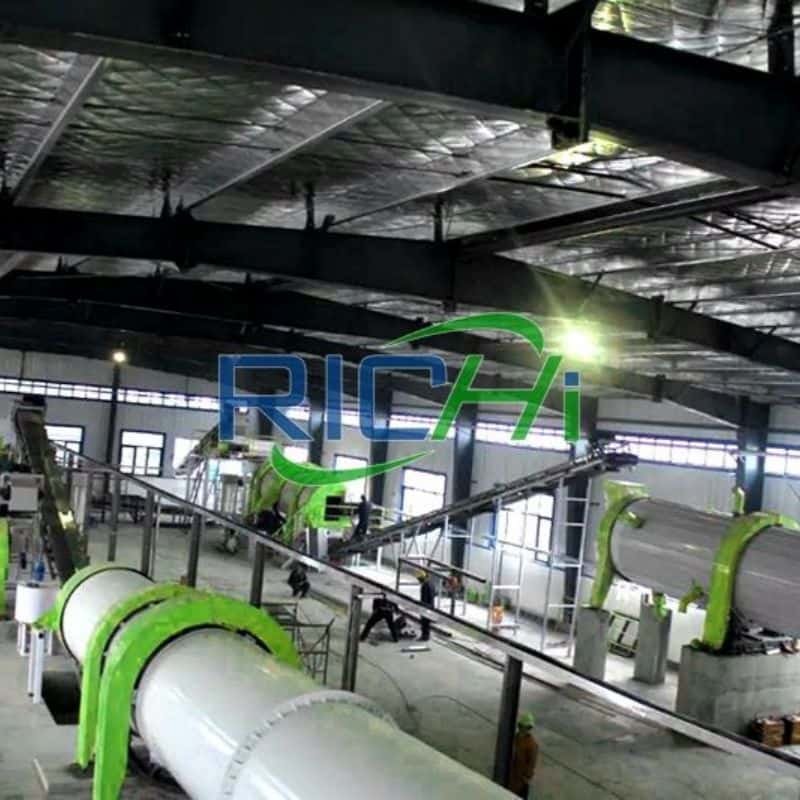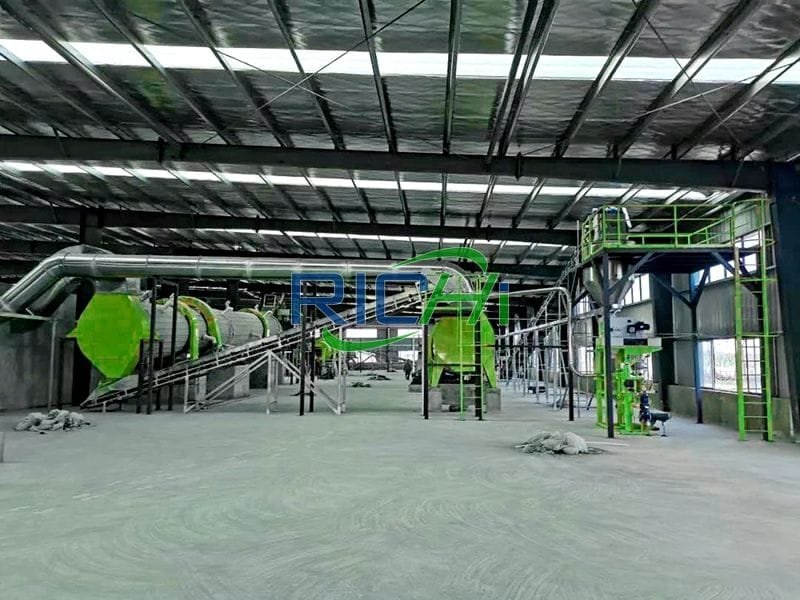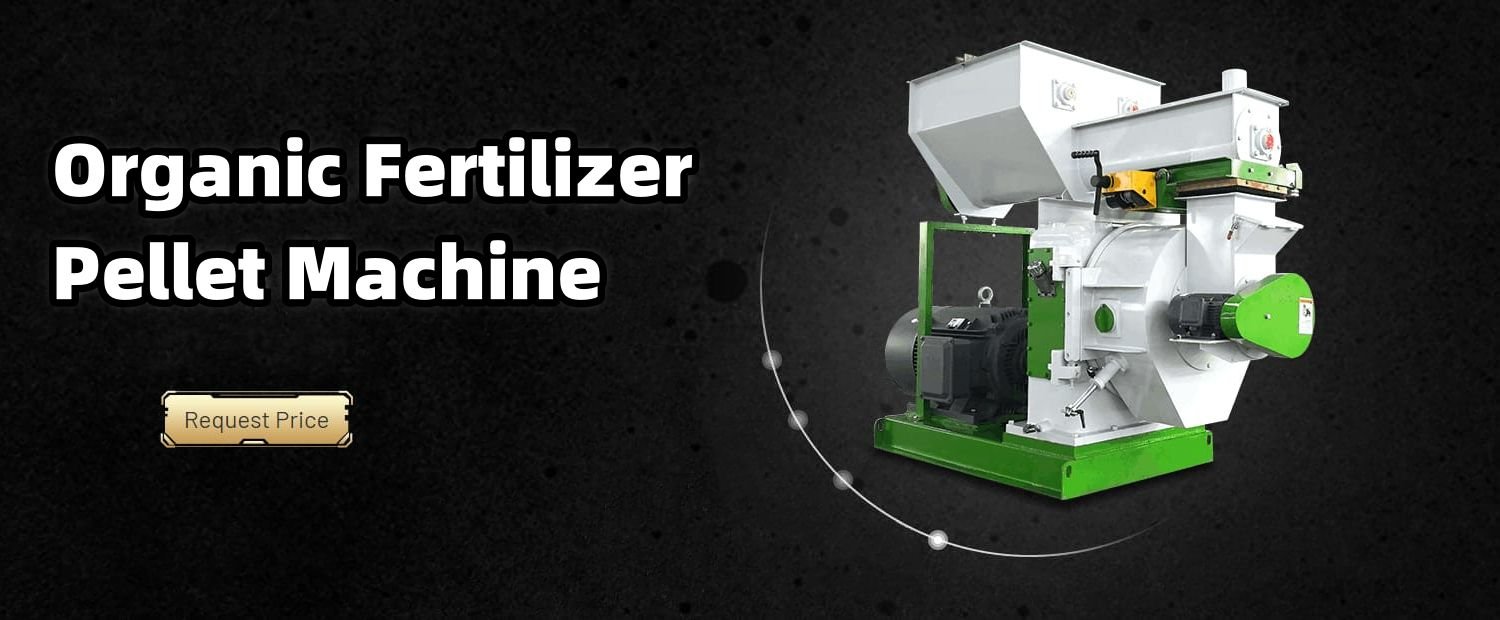In the ever-evolving landscape of sustainable agriculture and waste management, the utilization of animal manures as a valuable resource has gained significant traction. Once considered a mere byproduct, animal manures have emerged as a powerful organic fertilizer and soil amendment, offering numerous benefits for crop production and environmental stewardship.However, handling and applying raw manure can be a challenging and labor-intensive process, often accompanied by unpleasant odors and potential health risks.
Enter the manure pellet mill – a specialized machine that transforms this organic waste into a convenient, easy-to-handle, and highly effective fertilizer product.As the demand for sustainable and eco-friendly agricultural practices continues to rise, the market for manure pellet mills has witnessed a surge, with a wide range of options available to cater to diverse needs and budgets. In this article, we’ll delve into the pricing landscape of manure pellet mills, exploring the factors that influence their cost and providing insights to help prospective buyers make informed investment decisions.
Understanding the Factors Influencing Manure Pellet Mill Prices
The price of a manure pellet mill can vary significantly depending on several key factors, including:
- Production Capacity: One of the primary determinants of a manure pellet mill’s price is its production capacity, measured in tons per hour (TPH). Mills with higher throughput capacities generally command higher prices due to their increased size, complexity, and advanced features.
- Pelletizing Technology: Manure pellet mills employ various pelletizing technologies, such as ring die or flat die systems. The specific technology used can impact the overall cost of the mill, with more advanced or specialized technologies often carrying a premium price tag.
- Automation and Control Systems: Mills equipped with advanced automation and control systems, such as programmable logic controllers (PLCs) and human-machine interfaces (HMIs), tend to be more expensive but offer enhanced process control, efficiency, and ease of operation.
- Brand and Manufacturer Reputation: Well-established brands and reputable manufacturers in the manure pellet mill industry may command higher prices due to their proven track record, quality assurance, and after-sales support.
- Additional Features and Customizations: Certain mills may offer additional features or customization options, such as integrated drying systems, material handling equipment, or specialized configurations for specific manure types. These added capabilities can increase the overall cost of the mill.
Exploring the Price Range of Manure Pellet Mills
To provide a better understanding of the pricing landscape, let’s explore the typical price range of manure pellet mills based on their production capacity:
- Small-Scale Manure Pellet Mills (1-5 TPH): These compact units are designed for small-scale operations, such as small farms, hobby farms, or residential use. The price range for small-scale manure pellet mills typically falls between $5,000 and $20,000, depending on the specific features and brand.
- Medium-Scale Manure Pellet Mills (5-10 TPH): Suitable for medium-sized agricultural operations or small commercial ventures, these mills offer higher throughput capacities and more advanced features. The price range for medium-scale manure pellet mills can vary from $20,000 to $50,000.
- Large-Scale Manure Pellet Mills (10+ TPH): Designed for large-scale commercial operations, such as large animal farms, waste management facilities, or industrial composting plants, these mills boast high production capacities and often incorporate advanced automation and control systems. The price range for large-scale manure pellet mills can range from $50,000 to several hundred thousand dollars, depending on the specific capacity and features.
It’s important to note that these price ranges are approximate and can vary based on factors such as the manufacturer, location, and any additional customizations or accessories required.
Evaluating the Long-Term Return on Investment
While the upfront cost of a manure pellet mill may seem substantial, it’s crucial to consider the long-term return on investment (ROI) and the potential revenue streams generated by the manure pellet production operation. Factors such as market demand, product pricing, and operational efficiency will play a significant role in determining the profitability and payback period of the investment.By transforming animal manures into a valuable and marketable fertilizer product, manure pellet mills offer businesses and entrepreneurs the opportunity to capitalize on the growing demand for organic and sustainable agricultural practices.
The pelletized form of manure not only improves handling and transportation but also enhances nutrient availability and soil health, making it an attractive alternative to synthetic fertilizers.Additionally, the production of manure pellets contributes to the principles of a circular economy, promoting the efficient utilization of waste streams and reducing the environmental impact associated with traditional waste management practices.
Financing Options and Cost-Saving Strategies
For many prospective buyers, the upfront cost of a manure pellet mill may present a financial barrier. However, various financing options are available to alleviate this burden and facilitate the investment process.Traditional financing options, such as bank loans or equipment leasing, can provide the necessary capital for acquiring the mill.
Additionally, businesses may explore government grants, subsidies, or tax incentives specifically designed to promote sustainable agriculture and waste management practices.Furthermore, implementing cost-saving strategies can help offset the initial investment and improve the overall profitability of the manure pellet production operation. These strategies may include:
- Exploring Alternative Raw Material Sources: In addition to animal manures, businesses can consider incorporating other organic waste streams, such as crop residues or municipal green waste, to diversify their raw material supply and potentially reduce input costs.
- Optimizing Energy Efficiency: Investing in energy-efficient technologies, such as variable frequency drives or waste heat recovery systems, can significantly reduce the operational costs associated with running a manure pellet mill.
- Implementing Automation and Process Optimization: Advanced automation and control systems can improve process efficiency, reduce labor costs, and minimize waste, ultimately contributing to cost savings and increased profitability.
- Establishing Strategic Partnerships: Collaborating with local farms, waste management facilities, or agricultural cooperatives can provide access to reliable and cost-effective raw material sources, as well as potential distribution channels for the finished manure pellet products.
By carefully evaluating the pricing landscape, exploring financing options, and implementing cost-saving strategies, businesses and entrepreneurs can make informed decisions and maximize the potential of their manure pellet production operations.As the world continues to embrace sustainable practices and circular economy principles, the demand for organic fertilizers and soil amendments is expected to rise, presenting lucrative opportunities for those willing to invest in manure pellet mills.
By transforming what was once considered a waste stream into a valuable resource, these specialized machines not only contribute to the growth of sustainable agriculture but also position businesses as leaders in the rapidly evolving organic fertilizer market, capitalizing on the increasing consumer demand for eco-friendly and nutrient-rich soil amendments.
Related post:https://www.richipelletmachine.com/horse-manure-pellet-maker/








